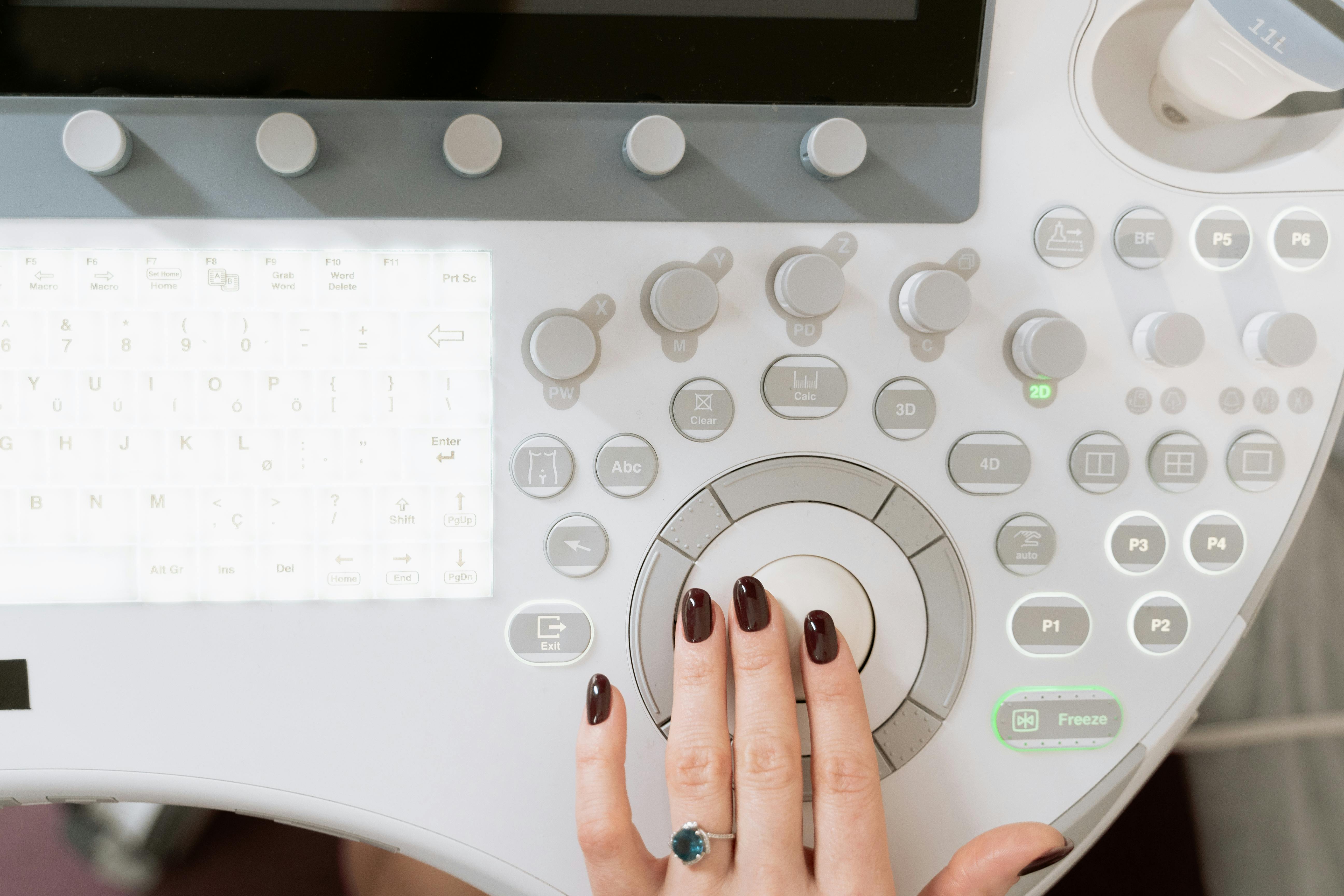.png)
.png)
More young women are taking their time to decide about parenthood, and the numbers prove it. Those who do choose to become a parent are doing so later; the average age of first-time mothers in the United States has been steadily increasing over time. And more women are saying no to motherhood altogether. In 2023, the U.S. fertility rate reached the lowest number on record.
This shift reflects broader changes in how women approach major life decisions about family, career, and personal goals. In this article, we'll look at why more women are pressing pause on parenthood. We'll also explore how some women are proactively preserving their fertility options while they decide - and why that choice doesn't have to come with a six-figure price tag.
Why more women are waiting
The reasons for postponing parenthood vary, but recent data highlights some clear patterns. According to Pew Research, 44% of young adults without children want to focus on their careers and personal interests first. Financial considerations play a major role too, with 36% citing the cost of raising children as a significant factor.
But it's not just about careers and money. Among women under 50 who don't have children, 64% simply say they're not sure they want to be parents - notably higher than the 50% of men who say the same. This suggests women are becoming more comfortable acknowledging uncertainty about parenthood.

Career goals and financial stability
For many women in their twenties and early thirties, establishing professional foundations takes priority. This often means pursuing advanced education, building careers, or starting businesses - goals that can conflict with immediate family planning. The data supports this approach: 61% of adults without children report more career success, likely due to increased flexibility and focus.
Environmental and global concerns
Young adults are also thinking bigger: 38% cite concerns about the state of the world as a major factor in their decision-making, while 26% specifically mention environmental worries. These numbers reflect a growing awareness of how personal choices connect to larger issues.
Turning to egg freezing to keep your options open
While some women know definitively that they don't want children, others aren’t sure and want to preserve their options while they decide.
This is where egg freezing can play a role - but traditional egg freezing often costs $15,000 or more, putting it out of reach for many young women.
Programs like Cofertility's Split program are providing new options. Women can freeze and store their eggs for 10 years, entirely for free, by donating a portion to a family who needs donor eggs. This arrangement covers the medical costs of egg freezing while helping another family build their future.
Making informed choices
The decision about parenthood doesn't have to be made all at once. But understanding your options now can help you make better choices for your future. Here's what to consider as you think it through:
- Age and fertility: While women today have more options than ever, biology still plays a role. Fertility (specifically the quantity and quality of eggs) typically begins to decline in your early 30s, with a more pronounced drop after 35. This doesn't mean you need to rush your decision, but it's helpful to understand your personal fertility timeline through testing and medical consultation.
- Career planning: Think about your professional goals for the next 3-5 years. Are you pursuing additional education? Planning to switch industries? Starting a company? Consider how different paths might align with family planning, and what flexibility you want to maintain.
- Financial readiness: Beyond the immediate costs of fertility preservation, consider your longer-term financial picture. What would make you feel secure enough to make major life decisions? This might include emergency savings, retirement planning, or specific career milestones.
- Building your support network: Surround yourself with people who support your choices without pressure. This might include friends in similar situations, healthcare providers who listen to your concerns, and family members who respect your timeline.
Looking ahead
The rise in women taking time to decide about parenthood reflects broader social changes and increased options for family planning. Whether you ultimately choose to have children or not, taking time to consider your choices thoughtfully makes sense - especially when there are ways to keep your options open.
If you are interested in freezing your eggs, we can connect you with a fertility specialist for a consultation to discuss your specific situation. Our Freeze by Co platform is making egg freezing more empowering, positive, and accessible — even free — when you give half of the eggs retrieved to a family who can’t otherwise conceive.
TL;DR
- Nearly half of adults under 50 now say they're unlikely to have kids, up from 37% in 2018
- 64% of young women without kids say they're simply not sure about parenthood
- Career focus (44%) and financial concerns (36%) are top reasons for waiting
- Environmental concerns and global issues influence many young adults' family planning
- Cofertility's Split program lets women freeze their eggs by sharing them with a family in need, making fertility preservation more accessible
- There's no rush to decide - but understanding your options helps you plan ahead










